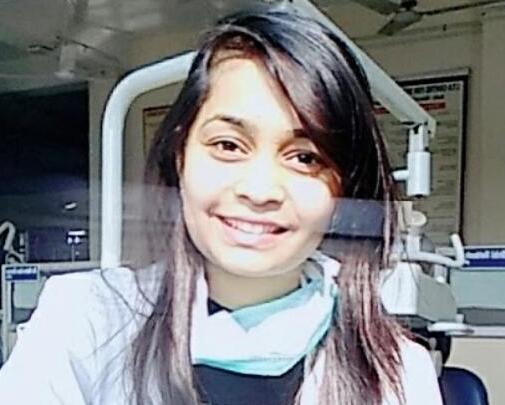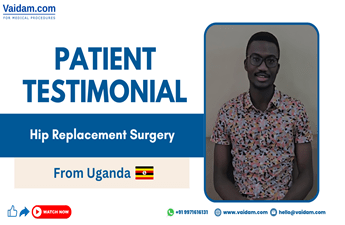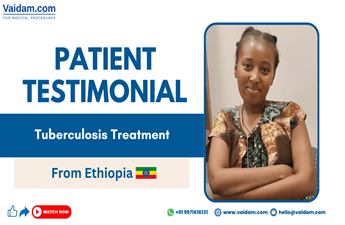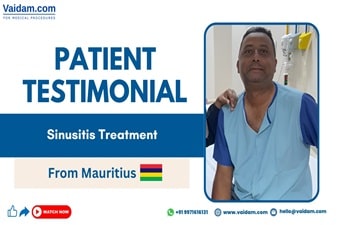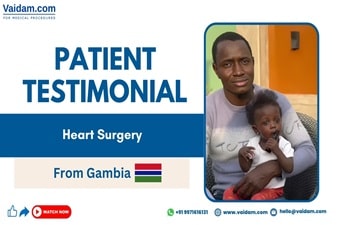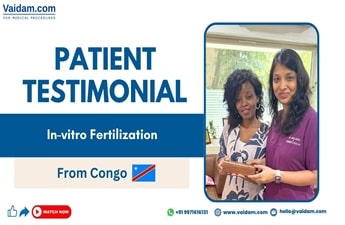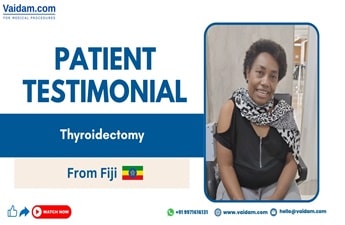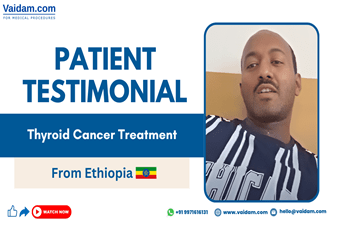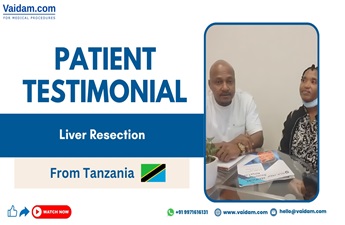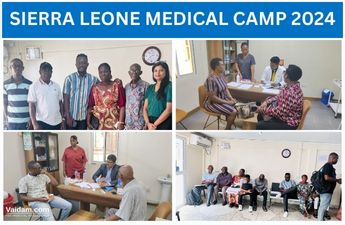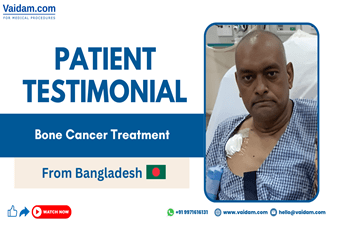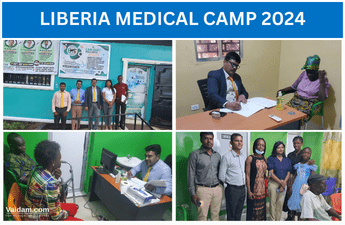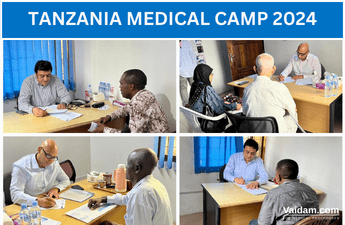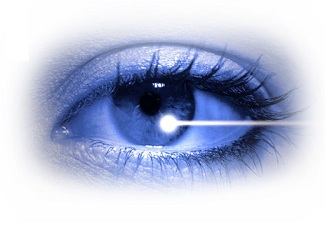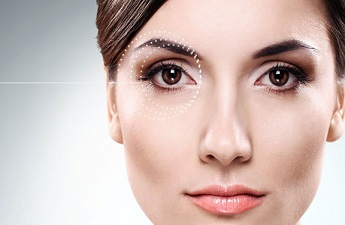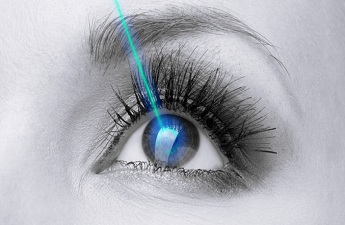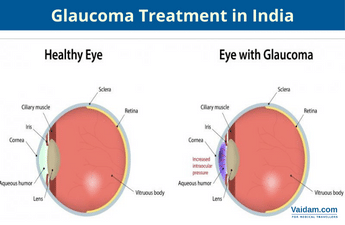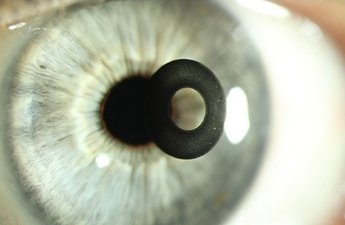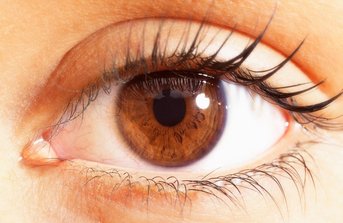WHAT IS LASIK SURGERY?
Lasik Surgery, also known as laser eye surgery is a refractive surgery that corrects common vision problems (nearsightedness, farsightedness, astigmatism, and presbyopia) and reduce the dependency on vision aids. Laser eye surgery is an umbrella term which is used to denote several eye surgeries that are used to correct one’s refractive error (which means how your eye focuses light).
Get in Touch with Medical Experts
WHERE DOES LASIK SURGERY COME FROM?
Laser eye surgery came in picture in 1980 when the researchers found out that a new type of laser called “excimer” laser could cut animal tissue without leaving scar. Roughly after a decade of trail and tests laser eye surgery became accepted round the world.
HOW HUMAN EYE WORKS
Eyes are our organ of sight. It has a number of components which include but are not limited to the cornea, iris, pupil, lens, retina, macula, optic nerve, choroid and vitreous.

- Cornea primarily is responsible for focusing the light in our eyes, it is the clear front surface of the eye, which acts like a camera lens.
- The iris of the eye functions like the diaphragm of a camera, controlling the amount of light reaching the back of the eye by automatically adjusting the size of the pupil.
- Accommodation The eye's crystalline lens is located directly behind the pupil and further focuses light. Through a process called accommodation, this lens helps the eye automatically focus on near and approaching objects similarly like an autofocus camera lens.
- Retina Light focused by the cornea and crystalline lens (and limited by the iris and pupil) reaches the retina. The retina acts like an electronic image sensor of a digital camera, converting optical images into electronic signals. The optic nerve then transmits these signals to the visual cortex, the part of the brain that controls our sense of sight.

WHAT ARE REFRACTIVE ERRORS?
In human eye the Focusing system comprise of the cornea and the lens which is primarily responsible for focusing the incoming light on the retina just like the lens focuses the light on the film in a camera. Any mismatch in this system results in blurred image.
Myopia (Nearsightedness) – In this error distance object appears blurred and near object are clear.
Hyperopia (Farsightedness) – In this defect the far object appears clear and the near object appears blurred.
Astigmatism – In this object at all distance appears blurred.

TYPES OF LASIK SURGERY
There are several types of laser eye surgery. The most common type of laser eye surgeries is:
LASIK (LASER IN SITU KERATOMILEUSIS) –LASIK is considered the most common type of laser eye surgery. The procedure starts with making a small flap in the cornea with a blade or a laser. Laser is considered over blade because of its precision and accuracy causing minimum complications. After the flap is created the excimer laser is used to reshape the cornea and correct the refractory error.

PRK (PHOTOREFRACTIVE KERATECTOMY) – This is the second most common type of laser eye surgery. This starts with removal of a portion of cornea or the epithelial tissue. Usually preferred in patient with thin cornea.

LASEK (LASER EPITHELIAL KERATOMILEUSIS) – This procedure is similar to LASIK and PRK but it starts with the application of alcohol to the cornea so the coronal cell could loosen up and allow the eye surgeon to move them for refractory correction.
Epi-LASIK (EPITHELIAL LASER IN SITU KERATOMILEUSIS) -This procedure is considered better than others because the flap is thinner and is created only on the corneal epithelial.

ADVANTAGES - LASER EYE SURGERY
- It corrects vision to more than 90%.
- Laser surgery is associated with very little pain.
- Vision is corrected generally after the laser surgery.
- No bandage or stitches are required.
- After laser surgery there is drastic decrease in eye glasses or contact lens dependence.
- Recovery is quick.
LASIK SURGERY PROCEDURE
BEFORE THE SURGERY
- Prior to the surgery the ophthalmologist will run several eye tests which will determine whether the candidate is fit for laser surgery or not.
- If you use contact lenses then take them out and use full time glasses many days before the initial checkup.
- The doctor must be informed about past and present medical and eye conditions.
- On the day of surgery avoid lotions, make up, perfumes and creams due to risk of infection.
DURING SURGERY
- LASIK eye surgery normally takes 30 minutes to perform for both the eyes.
- The laser system will comprise of a microscope that is attached to a large machine and a computer screen.
- After positioning the patient, numbing eye drops are put in the eyes and the area around the eyes are cleaned thoroughly. A lid speculum will be placed to keep the eyelids open during the procedure
- Before the flap is made, a suction device will be placed on your eye to fix it. During this period you will feel pressure and the vision may go dark for some time. Microkeratome is used to create a coronal flap.
- The flap will then be moved. The laser apparatus is then positioned over your eyes. After the eyes are in a satisfactory position the laser is directed to the eyes for 60 seconds.
- After appropriate amount of coronal tissue has been ablated by laser, the flap is placed back to the original position.
- The process is repeated for second eye
AFTER THE SURGERY
You may have burning, itching or discomfort in your eyes. In most cases it goes off after 6 hours.
An eye shield or a patch will be given over the eye to help prevent pressure or rubbing of the eye till the flap heals (generally overnight).
The doctor may prescribe mild sedative or pain killer.
Vision is generally hazy or blurred during the day of surgery. The vision will improve in the next few days.
Do not drive till the blurriness has subsided. Other things to avoid are swimming; hot tubes and use of lotion cream and make up for 2-4 weeks after the surgery.
RECOVERY
EARLY RECOVERY FROM SURGERY - After surgery you may have a foreign body sensation in one or both the eyes , hour to hour fluctuations of the vision, haziness and tearing of eyes.
FULL RECOVERY-There may be fluctuation in the vision as long as 6 months after the surgery. Symptoms of glare, rings around light, light sensitivity and difficulty with night driving might appear.
Know More:
COMPLICATIONS
- Temporary discomfort and vision disturbance- mild irritation and light sensitivity are commonly experienced during the first few days of laser surgery.
- Hazy vision, halo, starburst especially at low light (during night drives) are reported by many patients.
- Flap complications-In case of improper Lasik flap, the flap fails to adhere to the eye surface causing microscopic wrinkles known as Striae .This leads to aberration and distorted vision.
- Irregular Astigmatism (Astigmatism is a refractive error)
- Epithelial Ingrowth
- Diffuse Lamellar Keratitis
- Keratoconus/Keratectasia
- Dry eyes – Usually there is decrease in tear production which leads to temporary dry eye syndrome. Dry eye generally disappears after healing of the eye which takes 6 months.
- Eye infection- It is rear in case of laser eye surgery.
DISADVANTAGES OF LASIK SURGERY
- Changes made during laser eye treatment cannot be reversed.
- Correction can only be made by additional laser eye treatment.
- Laser eye surgery is a technical procedure. The cut in the flap may affect the vision.
- Prognosis – Most people’s vision stabilizes within few days of the surgery but for some it may take 3-6 weeks. Some people need a second surgery to get the desired result,
WHO IS THE PERFECT CANDIDATE FOR LASER EYE SURGERY?
- EYES MUST BE HEALTHY-Conditions such as severe dry eye syndrome, conjunctivitis (pink eye), infection and any type of injury must be resolved before going for a laser eye surgery.
- Cataract and uncontrolled glaucoma also prevents one for a laser surgery.
- Patients with keratoconus are unsuitable for laser surgery because of decrease coronal strength
- CORNEA MUST HAVE SUFFICIENT THICKNESS- Most of the laser surgery requires resurfacing of corneal surface for refractory correction. Performing surgery on cornea which is too thin, misshapen or irregular can compromise the desired results as well as impair your vision.
- YOUR PUPIL MUST NOT IS VERY LARGE- If your pupil is larger than normal then you might experience halos, glaring and starburst in low light especially while driving at night.
- YOUR PRESCRIPTION MUST BE WITHIN CERTAIN LIMIT- If your prescription is very high then the surgeon may not advice you for laser eye surgery.
- AGE – You must be over 21 years of age for laser eye surgery. There is no upper limit for this procedure however it is important to note that once you hit your 40’s you may still need reading glasses to correct near vision due to age related condition.
- STABLE VISION FOR ONE YEAR
- GOOD HEALTH – Patient with Uncontrolled degenerative disease or uncontrolled autoimmune disease such as Sjogren’s syndrome, rheumatoid arthritis, type 1 diabetes, and AIDS are contraindicated for laser eye surgery.
- Pregnancy- If you are pregnant delay the surgery
FREQUENTLY ASKED QUESTIONS
- CAN I HAVE LASIK AFTER CATRACT SURGERY?
- Yes, Lasik can be performed after cataract but it might not be needed.
- CAN I WEAR CONTACT LENSES AFTER LASER EYE SURGERY?
- Although laser eye surgery is done to eliminate vision aids, sometimes contacts may be needed after the surgery.
- CAN LASER EYE SURGERY MAKE ME GO BLIND?
- Millions of laser eye surgery is performed around the world with high level of safety and effectiveness. It would be unusual for anyone to go blind by it.
- CAN LASIK BE PERFORMED ON BOTH THE EYES ON THE SAME DAY?
- In most of the cases Lasik is performed on both the eyes on the same day and at the same appointment time.
- HOW EFFECTIVE IS LASER EYE SURGERY?
- The success rate laser eye surgery is very high. One or two out of ten will require an additional “ENHANSEMENT” surgery.



